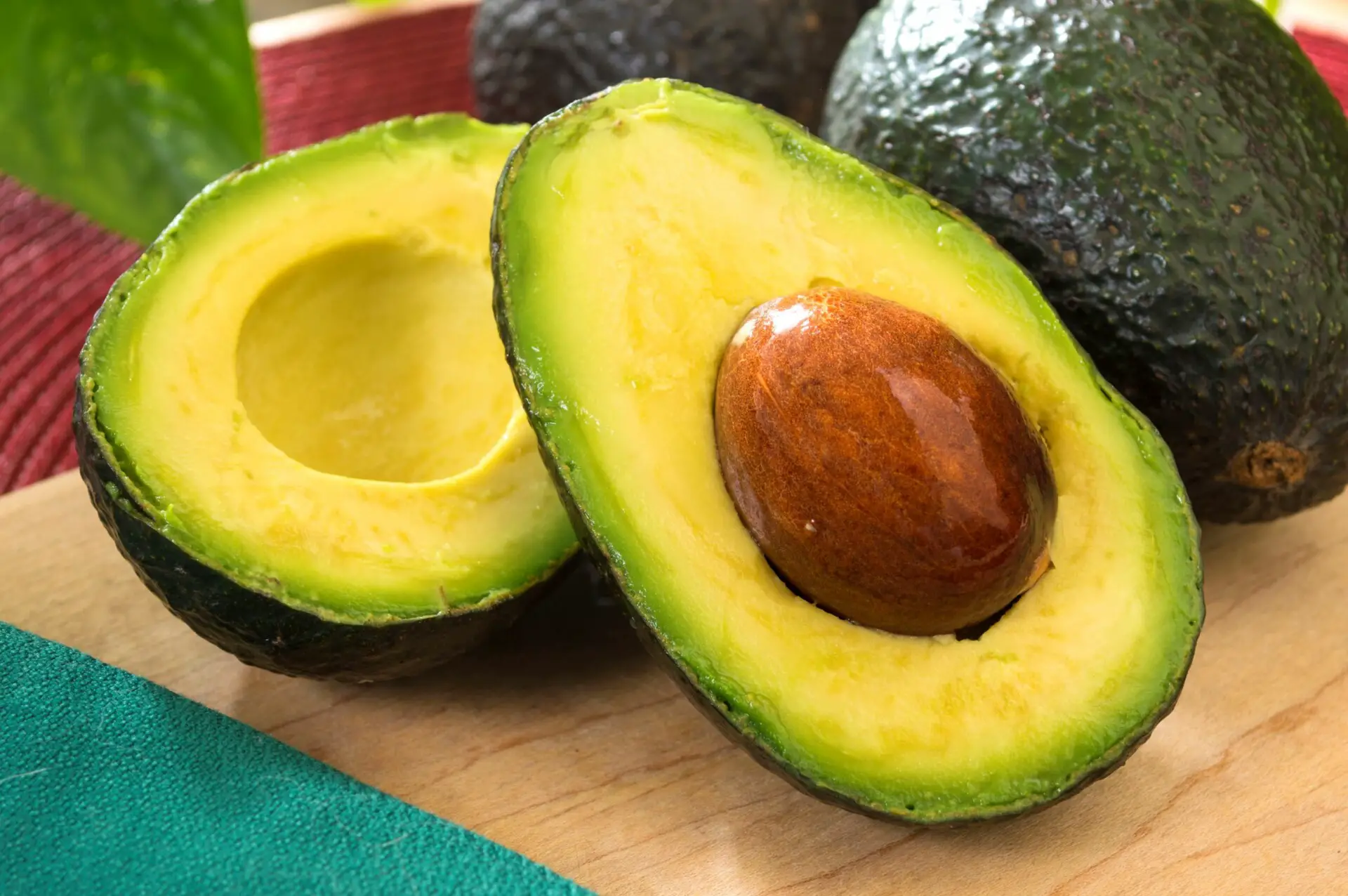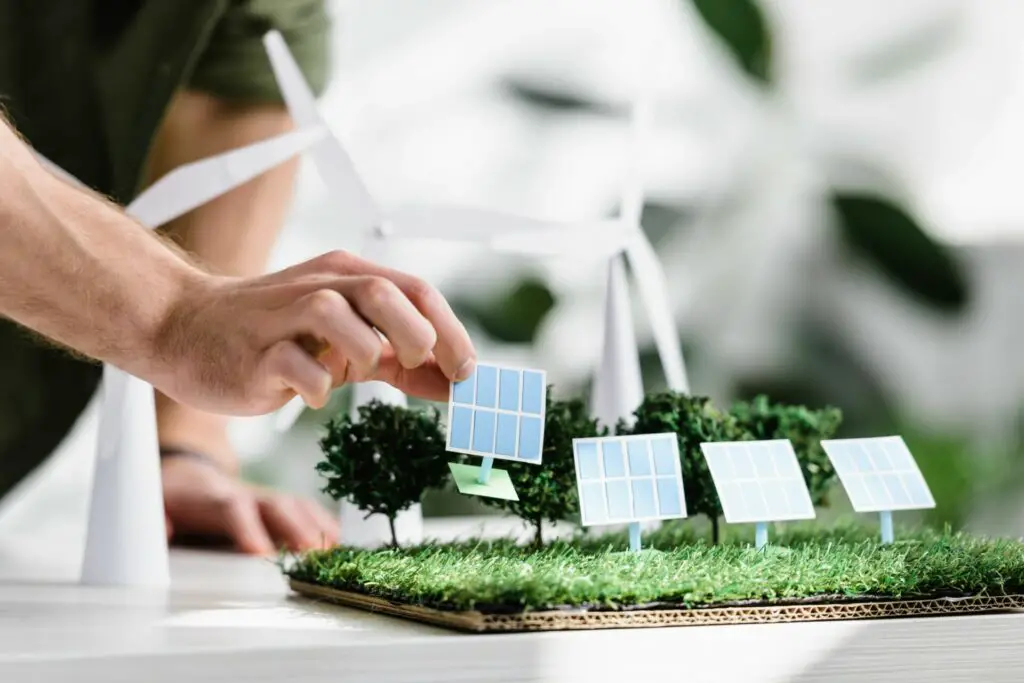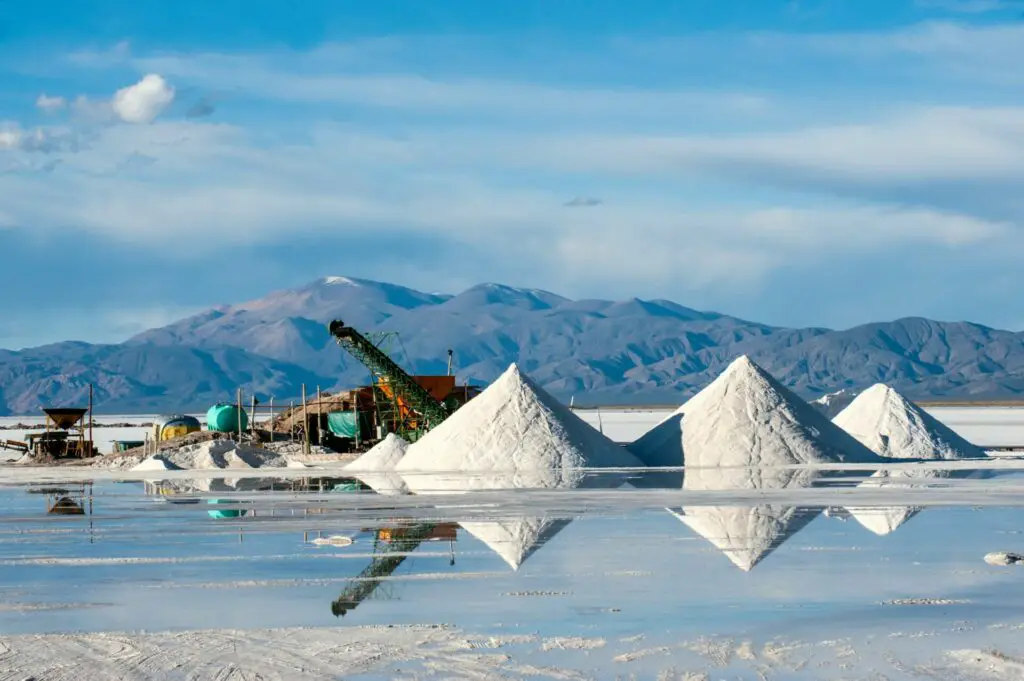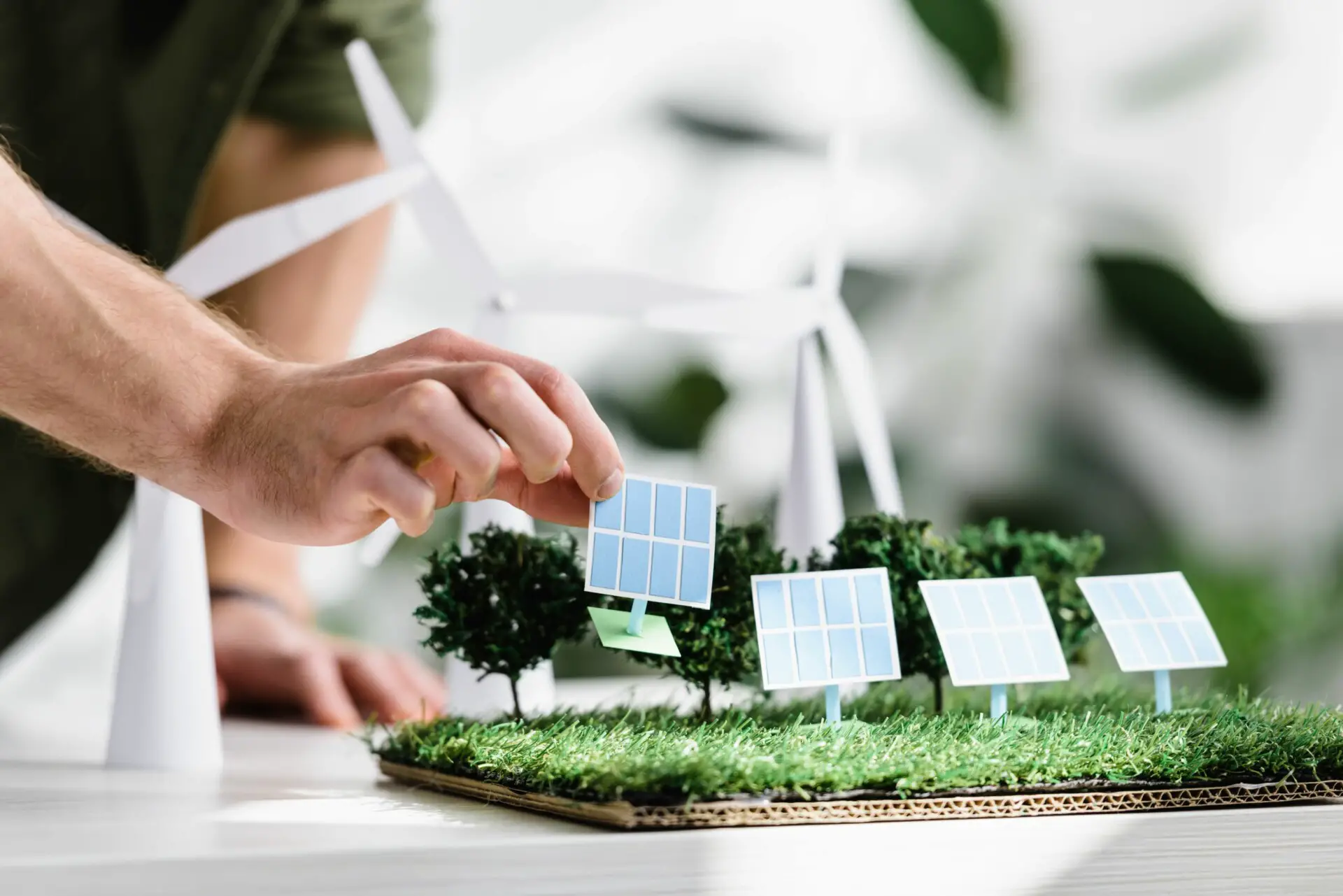Avocados have become pretty controversial in recent years due to their popularity, price, and environmental impact.
Farming avocados is not good for the environment as they have been linked with deforestation, are water-intensive, and have a big carbon footprint because of transportation.
Here’s everything you need to know about avocados and sustainability.
1. How Do Avocados Affect the Environment?
Deforestation
Demand for avocados has increased in recent years, so naturally, there are more avocado crops than ever.
Avocado production has been linked with deforestation.
Up to 20,000 acres of forest are believed to be cleared yearly to facilitate avocado crops.
Much of the deforestation in Mexico is actually linked to avocado cultivation.
Deforestation is bad for the environment for several reasons:
First, trees are a vital defense against the effects of climate change because they absorb carbon dioxide and release oxygen.
Fewer trees mean more CO2 in the atmosphere.
Second, deforestation disrupts the ecosystem as it displaces animals who previously lived in those forests.
These animals can starve as they struggle to find food in a new environment or wander into urban areas where they may be killed.
Deforestation also means less biodiversity as trees and plants are cleared to make room for avocados.
Water Use
Avocados are a water-intensive crop.
It takes more than 500 gallons (1,893 Liters) of water to grow only one kg of avocados.
That’s almost 1,900 kg of water to grow 1 kg of avocados.
They have typically grown in regions that experience drought; this water could have been used elsewhere.
Pesticides
Avocado crops can also be treated with pesticides.
While it has been established that pesticides are harmful to the environment, they can even harm the crop they are being used to protect.
Pesticides, insecticides, and herbicides reduce biodiversity by killing weeds and insects.
They can also run off into waterways and harm marine life and animals who drink the water.
Misuse of herbicides and pesticides can end up killing the avocados, which can generate a huge amount of waste.
Although plants such as avocados are compostable, they will not break down properly if this waste is landfilled.
This process cannot occur without the right bacteria present, weather conditions, oxygen levels, moisture, temperature, and soil nutrients – these conditions are not met in landfills.
Instead, organic waste such as avocados can end up producing methane, which is a greenhouse gas.
Transport
Most avocados are grown in Mexico, Peru, Chile, Colombia, South Africa, and California.
If you don’t live in any of these regions, your avocados traveled an awful long way to get to you.
Keeping the avocados fresh and transporting them requires energy, known as food miles.
Food transportation accounts for 6% of greenhouse gas emissions globally.
Since fruit and vegetables need to be refrigerated to stay fresh, which requires energy, these foods have the highest food miles.
As most energy use in the US (and elsewhere) is still reliant on non-renewable sources, using lots of energy is not sustainable.
Around 30% of the electricity used worldwide is from renewable sources, so overall, electricity use is still not sustainable in general.
2. Are There Eco-Friendly Avocados?
So far, there don’t seem to be eco-friendly avocados, at least commercially.
There have been moves for more farms to introduce drip irrigation, as this system can save water by allowing water to drip slowly into the plants, so none is wasted.
The greenest way to purchase avocados is to opt for organic and from local farmers if possible – as this means less transport.
If you don’t live somewhere with the right climate for avocado growing, consider growing your own in a greenhouse to prevent deforestation, pesticide use, and transport.
3. Are Organic Avocados Better for the Environment?
Organic avocados are somewhat better for the environment, but it does not negate the effects of deforestation and food miles.
It’s important to note that organic crops actually use much more land and have a similar carbon footprint to non-organic crops, although the soil growing organic crops can store more carbon.
But organic avocados can reduce pollution since pesticides can leach into the soil and water supplies.
Many pesticides are harmful or even fatal for pollinators, such as bees, which has a knock-on effect on the rest of the ecosystem as bees pollinate plants that animals use for food and shelter.
Fewer pollinators also mean it will be harder to grow food for humans.
While avocados are still water-intensive, organic crops may need less water as the soil is better at retaining it.
4. What’s the Most Eco-Friendly Environment for Growing Avocados?
So far, there does not seem to be an eco-friendly environment for growing avocados.
They thrive in warm climates, but unfortunately, these regions can be prone to drought.
As mentioned earlier, the greenest option may be for those in climates unsuited for avocado growth to use a greenhouse to eliminate the need for transport, pesticides, and deforestation.
5. How Does Avocados’ Environmental Impact Compare to Similar Fruits?
Lots of other fruit appear to be just as bad for the environment as avocados are.
Compared to other tropical fruits, bananas are treated with more pesticides as they are susceptible to fungus and other ailments.
When accounting for farming, transport, packaging, and other factors, research found mangos actually have a higher energy demand than avocados, as well as strawberries, raspberries, plums, and grapes.
While mangos and plums had a high water footprint, avocados were still the fruit with the highest water usage.
Meanwhile, an estimation of the CO2 emissions from the production of each fruit determined that mangos had the highest global warming potential, followed by berries, raspberries, plums, and avocados.
6. Are Avocados Worse for the Environment than Beef?
Avocados are not good for the environment, but they seem somewhat greener than beef.
It requires more than 15,400 Liters (4,072 gal) of water to produce only one kg of beef and more than 500 gallons (1,893 L) to produce the same amount of avocados.
To produce 100 g of protein, beef production emits around 50 kg of greenhouse gas emissions.
Avocados have a 2.4 kg CO2 eq./kg, which means per kilogram of avocados, an equivalent of 2.4 kg of CO2 is released.
For comparison, producing 1 kg of non-organic beef in the US can release 22 kg of CO2-equivalent.
But keep in mind that this figure can vary depending on factors such as the country, type of meat being farmed, the cattle species or origin, or whether the beef is organic.
For example, organic beef produced in Sweden could release 22.3 kg of carbon dioxide equivalent per kilogram, while Japanese Kobe beef can release 36.4 kg of CO2 equivalent per kilogram.
Beef is also a cause of deforestation; in the Brazilian Amazon, approximately 65% of deforestation is associated with cattle ranching.
7. Is Eating Avocados Bad for the Environment?
Unless you grow your own avocados, eating avocados is bad for the environment.
As they’ve become a trendy food in recent years, there is a bigger demand for avocados.
In fact, consumption of avocados has tripled in the past two decades, so this continued interest in avocados is concerning from an environmental standpoint as this can lead to more deforestation and pollution.
Plus, as mentioned earlier, the use of pesticides, transport, and high water use is also unsustainable.
You Might Also Like…
- Is Fast Food Bad for the Environment? (& What You Can Do)
- Is Fabric Softener Bad for the Environment? (+5 Eco-Friendly Options)
- Is Fuel Dumping Bad for the Environment? (& How Often It Happens)
- Is Electricity Generation Bad for the Environment? (What You Should Know)
- Is Dry Cleaning Bad for the Environment? (4 Surprising Facts)
- Is Diamond Mining Bad for the Environment? (Important Facts)
- Is DEET Bad for the Environment? 4 Effects (You Should Know)
- Is Cat Litter Bad for the Environment? (5 Common Questions)
- Is Burning Cardboard Bad for the Environment? (6 Facts)
- Is Burning Paper Bad for the Environment? (6 Surprising Facts)
- Is Burning Leaves Bad for the Environment? (7 Quick Facts)
- 4 Natural Cleaners for Quartz Countertops
- 6 Eco-Friendly Acrylic Paint Brands (For Sustainable Artists)
- 5 Eco-friendly Alternatives to Acrylic Paint (& How to Make Them)
- Is Acrylic Paint Bad for the Environment? (7 Quick Facts)
- Is Acrylic Yarn Bad for the Environment? 8 Crucial Facts
- Is Acrylic Bad for the Environment? (8 Quick Facts)
- Is Aluminum Foil Bad for the Environment? 7 Quick Facts
- Is Bleach Bad for the Environment? 6 Crucial Facts
- Is Lithium Mining Bad for the Environment? 6 Crucial Facts
































